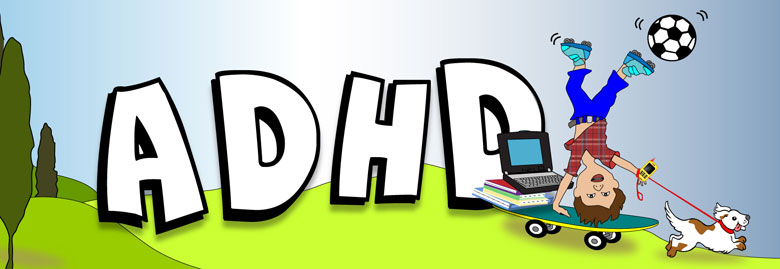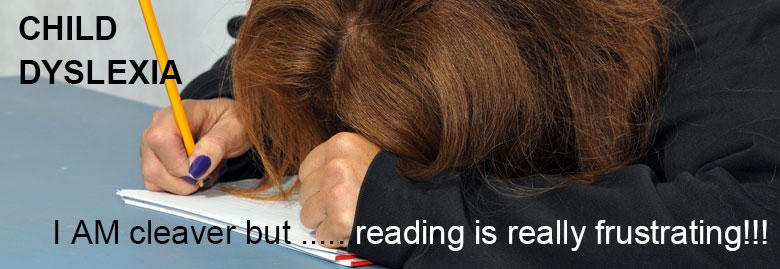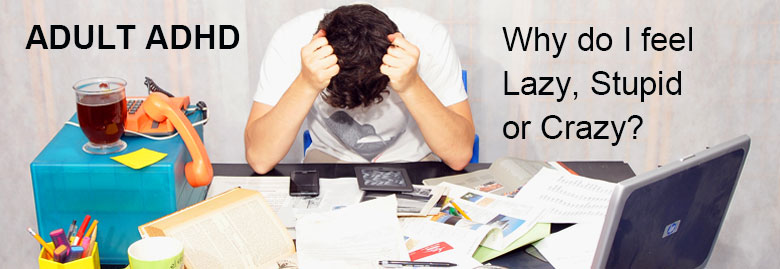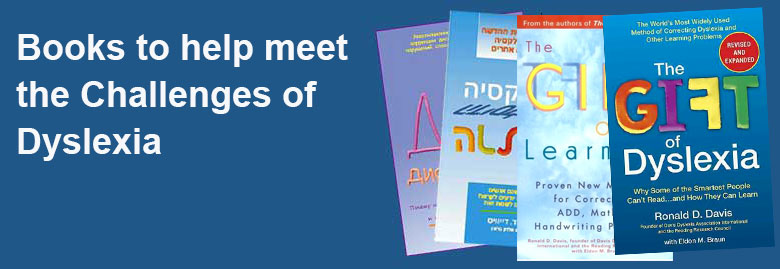The Davis Dyslexia Correction® program
The Davis Dyslexia Correction® program includes specific tools for self-regulating attention focus and energy level. These tools enable children and adults to work and study without reliance on medications commonly prescribed for ADHD. These tools include: Orientation or Alignment Davis Facilitators use several mental focusing techniques, including Davis Orientation Counseling®, Davis Alignment, and Davis Auditory Orientation, in order to enable clients to exercise control over their perceptions and mental focus. Davis Dial-Setting. Dial-setting is a technique used to enable clients to become better aware of their own energy level, and to develop sensitivity to the energy levels of others around them. With this tool, the individual develops the ability to precisely regulate his own energy level, avoiding bouts of hyper-activity in inappropriate contexts. Davis Concept Mastery. Davis providers also use clay modeling to explore concepts like self, consequence, change, order/disorder, sequence, or responsibility to help their clients better control their own behavior and understand its impact on others. The Davis approach to ADHD is described in-depth in the book The Gift of Learning, by Ron Davis. Why Drugs and Davis Don’t Mix Licensed Davis Facilitators usually will not work with clients taking medications commonly prescribed for ADHD, such as Ritalin, Strattera, or Concerta, as those medications generally interfere with the individual’s ability to learn and apply the mental focusing techniques that are integral to the Davis program. Additionally, many medications prescribed for other conditions, such as depression or anxiety, may also prevent successful utilization of Davis techniques. In general, psycho-active drugs, stimulants, and serotonin reuptake inhibitors seem to stand in the way of a successful Davis program. In order for a student to experience long-range success, it is also important to follow through after completion of the initial intensive week with a Facilitator. It is particularly important that individuals practice the various mental focusing techniques regularly, so that the use of these tools becomes natural and habitual. Most Davis clients who wish to end their reliance on medication to control behavioral or attention focus problems are successful in doing so. However, to achieve this success, the Davis tools must be used consistently and regularly. This is not always easy; conditions which cause fatigue and stress may also prevent the successful use of the Davis tools on occasion, and anyone can have a bad day. Thus, for the Davis program to be successful, it is important that the clients be truly motivated to change, and ready to assume responsibility for regulating their own behavior. It is also important that parents be supportive and encourage their child to use the Davis tools. It can be tempting for a parent to return to use of medication after the program, especially when the child returns to school; however, this can undermine the success the child has previously enjoyed with the tools. Not only do the medications interfere with the child’s ability to employ the techniques he has practiced successfully in the past, but it also sends a mixed message: on the one hand the child is told that he now has the ability to control his orientation and energy levels with Davis techniques, and on the other hand is being told he must take a pill because the techniques have somehow failed him. Davis providers will evaluate each case on an individual basis. Although a Davis provider may refuse to accept a client because of concerns about medications, the provider will not make a direct recommendation as to whether to continue with medication. Rather, the issue of whether to continue with medication is one that each individual must determine in consultation with the prescribing physician. In general, medications that are prescribed primarily to regulate attention level or behavior are the ones most likely to prevent success with the Davis program. In most cases, medications prescribed for physical ailments or illnesses such as asthma, hypertension, or diabetes would not be a problem. However, it is always important for the prospective Davis client to disclose fully to the provider any medications that are being taken — including nonprescription medications or natural, herbal remedies — so that the provider is aware of the possible influence of these substances, as well as possible issues related to the underlying condition being treated. Click to listen highlighted text! The Davis Dyslexia Correction® program The Davis Dyslexia Correction® program includes specific tools for self-regulating attention focus and energy level. These tools enable children and adults to work and study without reliance on medications commonly prescribed for ADHD. These tools include: Orientation or Alignment Davis Facilitators use several mental focusing techniques, including Davis Orientation Counseling®, Davis Alignment, and Davis Auditory Orientation, in order to enable clients to exercise control over their perceptions and mental focus. Davis Dial-Setting. Dial-setting is a technique used to enable clients to become better aware of their own energy level, and to develop sensitivity to the energy levels of others around them. With this tool, the individual develops the ability to precisely regulate his own energy level, avoiding bouts of hyper-activity in inappropriate contexts. Davis Concept Mastery. Davis providers also use clay modeling to explore concepts like self, consequence, change, order/disorder, sequence, or responsibility to help their clients better control their own behavior and understand its impact on others. The Davis approach to ADHD is described in-depth in the book The Gift of Learning, by Ron Davis. Why Drugs and Davis Don’t Mix Licensed Davis Facilitators usually will not work with clients taking medications commonly prescribed for ADHD, such as Ritalin, Strattera, or Concerta, as those medications generally interfere with the individual’s ability to learn and apply the mental focusing techniques that are integral to the Davis program. Additionally, many medications prescribed for other conditions, such as depression or anxiety, may also prevent successful utilization of Davis techniques. In general, psycho-active drugs, stimulants, and serotonin reuptake inhibitors seem to stand in the way of a successful Davis program. In order for a student to experience long-range success, it is also important to follow through after completion of the initial intensive week with a Facilitator. It is particularly important that individuals practice the various mental focusing techniques regularly, so that the use of these tools becomes natural and habitual. Most Davis clients who wish to end their reliance on medication to control behavioral or attention focus problems are successful in doing so. However, to achieve this success, the Davis tools must be used consistently and regularly. This is not always easy; conditions which cause fatigue and stress may also prevent the successful use of the Davis tools on occasion, and anyone can have a bad day. Thus, for the Davis program to be successful, it is important that the clients be truly motivated to change, and ready to assume responsibility for regulating their own behavior. It is also important that parents be supportive and encourage their child to use the Davis tools. It can be tempting for a parent to return to use of medication after the program, especially when the child returns to school; however, this can undermine the success the child has previously enjoyed with the tools. Not only do the medications interfere with the child’s ability to employ the techniques he has practiced successfully in the past, but it also sends a mixed message: on the one hand the child is told that he now has the ability to control his orientation and energy levels with Davis techniques, and on the other hand is being told he must take a pill because the techniques have somehow failed him. Davis providers will evaluate each case on an individual basis. Although a Davis provider may refuse to accept a client because of concerns about medications, the provider will not make a direct recommendation as to whether to continue with medication. Rather, the issue of whether to continue with medication is one that each individual must determine in consultation with the prescribing physician. In general, medications that are prescribed primarily to regulate attention level or behavior are the ones most likely to prevent success with the Davis program. In most cases, medications prescribed for physical ailments or illnesses such as asthma, hypertension, or diabetes would not be a problem. However, it is always important for the prospective Davis client to disclose fully to the provider any medications that are being taken — including nonprescription medications or natural, herbal remedies — so that the provider is aware of the possible influence of these substances, as well as possible issues related to the underlying condition being treated. Powered By GSpeech






